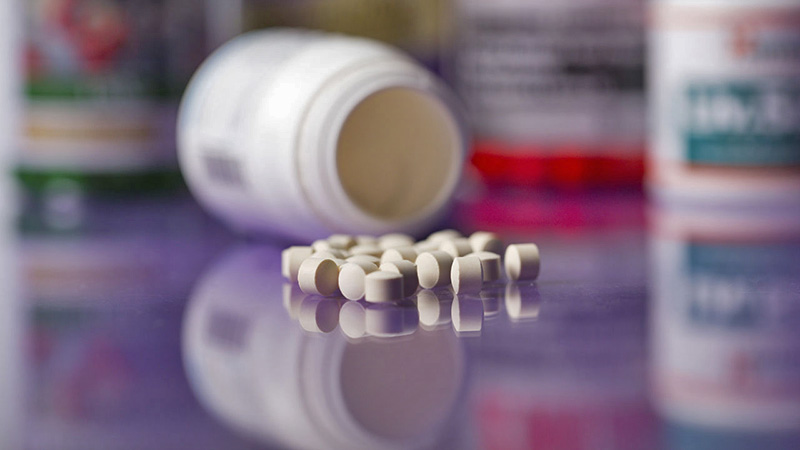QUESTION: Our group health plan uses a copay accumulator program that does not count drug manufacturers’ financial assistance toward participants’ cost-sharing limits. We’ve heard that the agencies have restricted the use of these programs. Can we continue to exclude drug manufacturers’ coupons from cost-sharing?
ANSWER: Yes, your plan may continue to exclude drug manufacturers’ coupons from cost-sharing using a “copay accumulator” program. To review, prescription drug manufacturers sometimes offer financial assistance to individuals for certain drugs to help defray costs that might otherwise be an impediment to obtaining the drug (potentially resulting in a lost sale for the manufacturer). Traditionally, this financial assistance reduced the participant’s cost-sharing under the plan. That is, the drug manufacturers would cover all or a portion of the participant’s deductible and copayment or other required cost-sharing under the plan (sometimes up to a specified dollar amount), and the manufacturers’ payments would count toward the participant’s satisfaction of the plan’s deductible and cost-sharing limit. Under a copay accumulator program, however, the drug manufacturers’ financial assistance does not count toward the plan’s deductible and cost-sharing limits. This can result in cost savings to the plan because more of the financial burden is placed on participants and drug manufacturers.
Plan sponsors must ensure that their copay accumulator programs do not violate health care reform’s rules regarding cost-sharing limits, which require non-grandfathered plans to establish an annual cost-sharing limit with respect to essential health benefits. HHS issued regulations, effective for plan years beginning on or after January 1, 2020, under which drug manufacturers’ financial assistance toward brand-name drugs was not required to count toward the cost-sharing limit when a medically appropriate generic equivalent was available. Many viewed this rule as implying that manufacturers’ financial assistance must be counted toward the cost-sharing limit absent a medically appropriate generic equivalent. This reading created a potential conflict with IRS guidance regarding HSA-compatible high deductible health plans (HDHPs), under which manufacturer and provider discounts must be disregarded and only amounts actually paid by the individual may be taken into account.
In response, HHS issued clarifying regulations that now permit, but do not require, plans and insurers to count amounts paid toward reducing enrollees’ out-of-pocket costs for specific prescription drugs using any form of direct support offered by drug manufacturers, regardless of whether a generic equivalent is available.
For more information, see EBIA’s Self-Insured Health Plans manual at Section XI.E.7 (“Copay Accumulator Programs for Drug Coupons”) and EBIA’s Health Care Reform manual at Section IX.B.5 (“What Expenditures Must Be Counted Toward the Out-Of-Pocket Maximum?”). See also EBIA’s Consumer-Driven Health Care manual at Section X.J (“Issues Raised by the HDHP Minimum Deductible”).
Contributing Editors: EBIA Staff.







